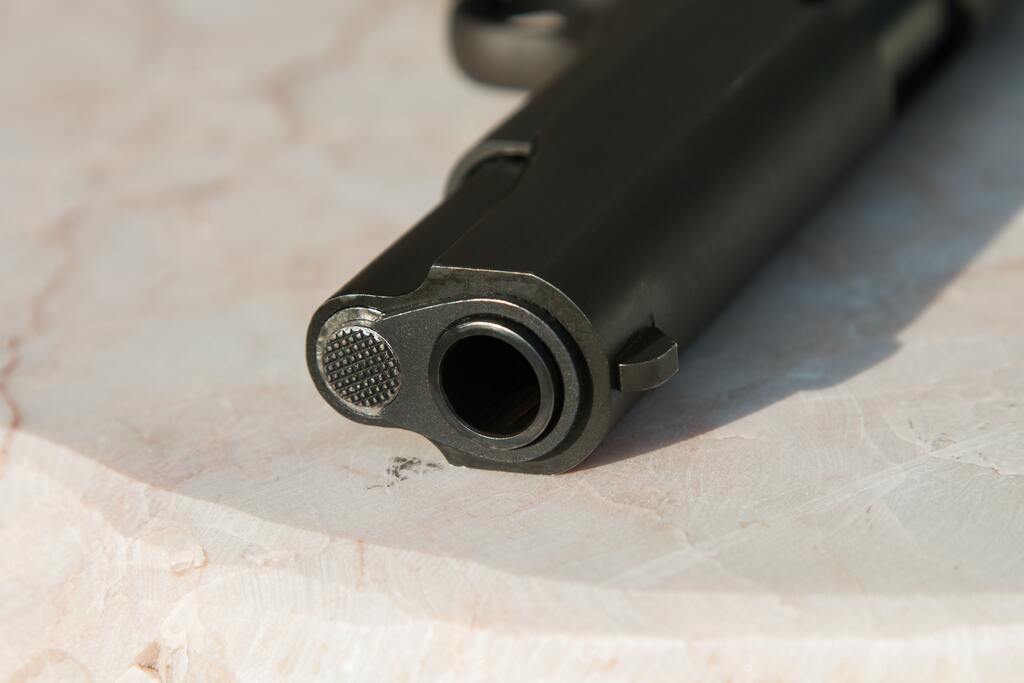
Domestic violence can happen in a second. Sometimes, domestic violence charges are not taken seriously, especially if the accused feels the charges are not valid. However, domestic violence charges are serious and if convicted, come with severe punishments. One of the consequences of some domestic violence convictions is the restriction that prevents gun ownership. It is critical that you strongly defend domestic violence charges with help from a qualified attorney.
Domestic Violence Protective Orders
California law prohibits those with a domestic violence protective order from owning or possessing a firearm. The restriction applies as long as the protective order is in place. The law pertains to anyone who is the subject of a domestic violence restraining order including an emergency order, ex-parte, before a hearing, or after a final judgment. The restriction also applies to protective orders for other matters such as for elder abuse, stalking, workplace violence, and civil harassment.
Domestic violence restraining orders are specifically designed to protect someone against a domestic partner. This includes a spouse, former spouse, a current or former boyfriend or girlfriend, and someone who resides with another or previously resided with them. Additionally, a domestic violence protective order that restricts gun ownership may also apply to any family member, whether or not you reside together.
Do I Have to Turn Over My Firearms?
During the review of the matter, the court will determine whether the subject of a domestic violence restraining order has possession of a firearm. If so, the person is required by law to surrender it immediately upon request of a law enforcement officer or within 24 hours. Law enforcement will provide you with a receipt for the firearm that they take into their possession. The failure to turn over a firearm is a separate offense. A hearing may take place to ensure that the guns are turned over. If you do not turn over the firearm on your own, the law allows law enforcement to seek a search warrant.
During the immediate police call in reference to domestic violence, law enforcement must note whether a firearm was utilized as part of the incident. If a firearm is present, the police will confiscate it for a period of at least 48 hours. If the firearm is not retained as part of evidence, and if the gun is possessed legally, it must be returned to the owner no later than five days after confiscation, as long as the owner has legal authority of possession.
Domestic Violence Convictions
Those who are convicted of some domestic violence crimes are required to relinquish or sell their firearms within a period of time specified in their case. Pursuant to California Proposition 63, those convicted of domestic violence crimes must provide proof that they complied with the background check requirement. A search warrant may be executed in cases where someone failed to give up their gun voluntarily or upon request. Failure to comply with a court order can be used in other cases, such as in the determination of child visitation.
If you are facing domestic violence charges, it is helpful to seek an experienced attorney. Contact our legal team at Strongest Defense, at (805) 477-0070 for a free initial case evaluation.


